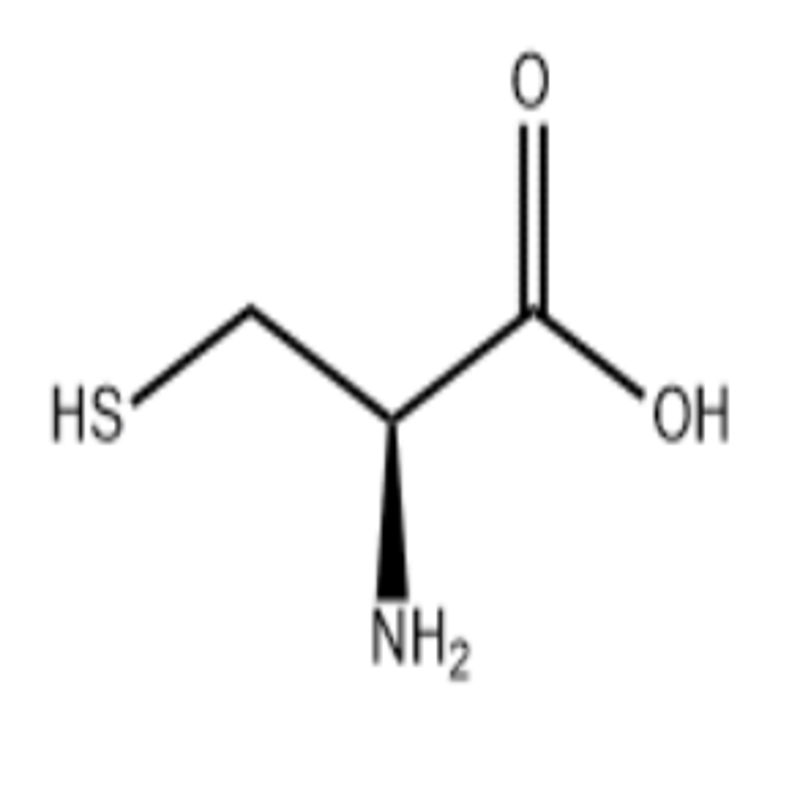-
Categories
-
Pharmaceutical Intermediates
-
Active Pharmaceutical Ingredients
-
Food Additives
- Industrial Coatings
- Agrochemicals
- Dyes and Pigments
- Surfactant
- Flavors and Fragrances
- Chemical Reagents
- Catalyst and Auxiliary
- Natural Products
- Inorganic Chemistry
-
Organic Chemistry
-
Biochemical Engineering
- Analytical Chemistry
- Cosmetic Ingredient
-
Pharmaceutical Intermediates
Promotion
ECHEMI Mall
Wholesale
Weekly Price
Exhibition
News
-
Trade Service
Original title: Hard water, soft water are harmless to human body
yun heartless
Purdue University Department of Agriculture and Bioengineering, U.S. Ph.D. in food engineering cloud heartless
people pay more attention to drinking water than any food: there is a saying that "hard water leads to kidney stones", there is a view that "pure water without minerals harmful to health" ... What is the relationship between water hardness, minerals and health?
hardness of water is determined by its calcium and magnesium content. A common hardness indicator is calcium and magnesium equivalent to mg of calcium oxide per liter of water. For example, the national standard for tap water is a total hardness of no more than 450 mg, if all from calcium, roughly equivalent to a litre containing 180 mg of calcium. What is the health effect of drinking such water for a long time and the extra intake of calcium and magnesium?
and magnesium are essential trace elements of the human body, and many people's diets do not meet the recommended intake. In other words, taking into account calcium and magnesium in water actually helps to meet the needs of the human body. Too much calcium does pose a health risk, and kidney stones are one of them. But this "too much" is not easy to achieve - the usual advice is that no more than 2,500 milligrams of calcium per day can be considered safe. For consumers of dairy products that are not Chinese, it is difficult to reach the "recommended calcium intake" of 1,000 milligrams per day. On this basis, even if you drink two liters of water a day to reach the "maximum allowable hardness", the additional calcium intake is not more than 360 mg, a considerable distance from the "calcium exceeding the standard."
addition to calcium and magnesium, there are other minerals in the water. Since minerals are needed by the human body, is it bad for health to remove "pure water" or "soft water" from minerals? We need to be aware that the body's nutrients come from all the diets we eat and drink, and water is only one part of it. Even with "high hardness" water, calcium is two or three hundred milligrams per liter. After the water boils, these calcium and magnesium ions will also become a considerable part of the "scale", the water content is lower. Some researchers have done field research in Israel and other places, residents from drinking high-hard tap water to drinking almost mineral-free purified water, residents of the blood calcium and magnesium content of the change is minimal.
also said that pure water because it does not contain trace elements, so "will dissolve the trace elements in the body excreted." This is actually a natural inference, the human body's trace elements distributed in their organs and tissues, pure water after absorption into the blood, it is no longer "pure", and finally through the kidney filtration to leave the required trace elements, in order to become urine discharge, how can drink pure water to the trace elements to "dissolve excrete". In fact, the prevalence of pure water in developed countries and regions is very high, in the Middle East, people drink almost all pure water. For decades, no increase in calcium deficiency and kidney injury has been detected.
the human body's demand for minerals, the main hope is a variety of food. But the hardness of the water, or the various minerals in it, can have an impact on the taste and performance of the water. Whether water is "good to drink" depends on the minerals and other "impurities" involved. Water with a higher hardness, a large amount of white precipitation appears as soon as it is boiled, although it does not affect health, but it affects the appearance and taste. In short, as long as other indicators are qualified, water is hard and soft has no effect on health.







